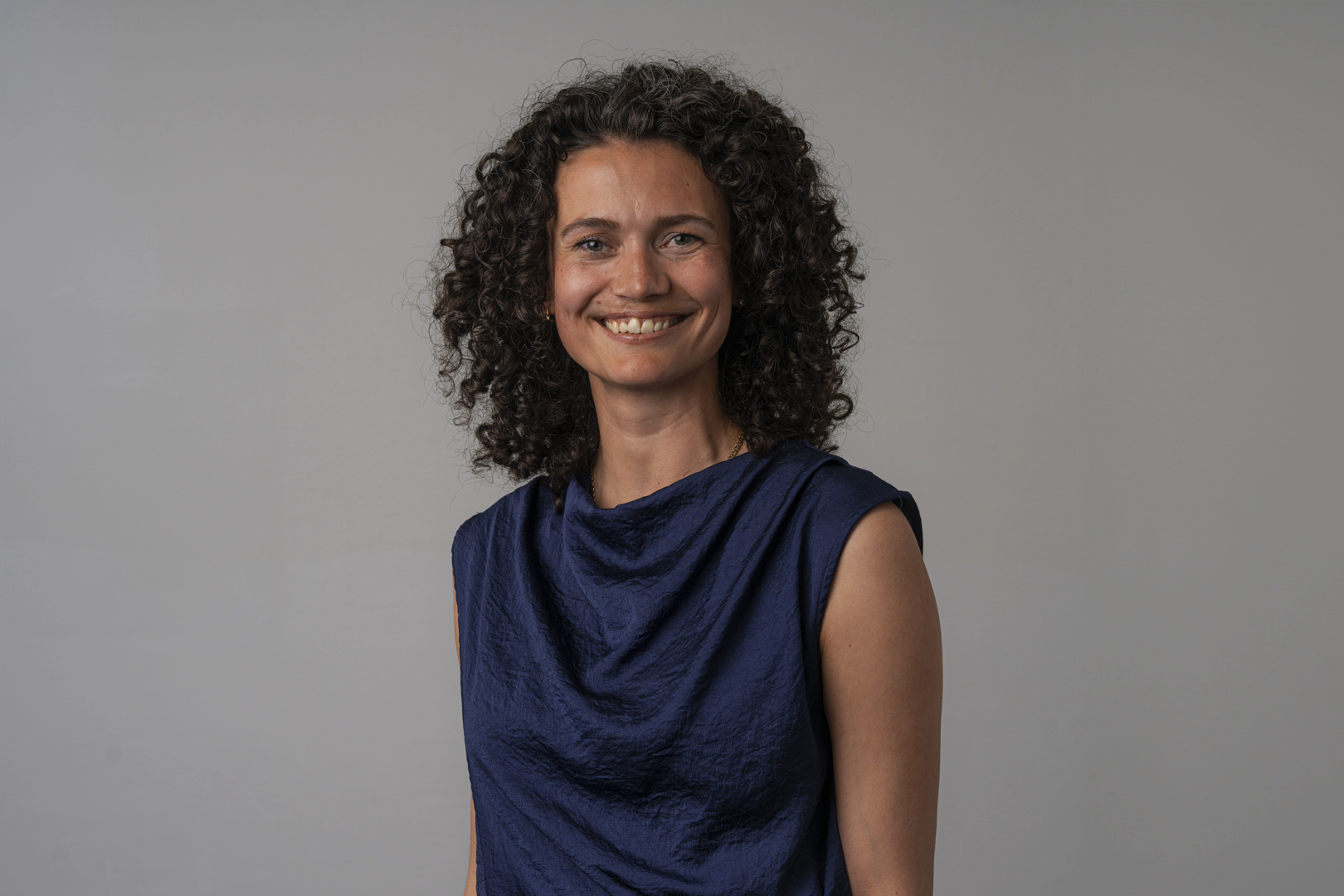Maria Louison Vang
Research leader

Project title
(no more) Gatekeeping vulnerability: The newgeneration of trauma-related disorders
What is your project about?
My project tries to understand what constitutes a psychological trauma from the perspective of the population and different professionals. With the World Health Organization's new revision of the diagnosis manual, ICD-11, it is now possible to recognize more extensive problems resulting from traumatization as described in the new diagnosis, complex PTSD. There has also been an expansion of the so-called "criterion A", the exposure criterion, which determines which events are recognized as potentially traumatizing. This means that several events can be recognized as "granting access" to assessment for a PTSD diagnosis, but there is a lack of knowledge about their prevalence and their relationship to symptoms of PTSD and complex PTSD, as well as what consequences the updated criteria will have for practice.
How did you become interested in your particular field of research?
My field of research is psychotraumatology, i.e. the scientific study of psychological traumatization. The interest arose during my studies as a psychologist, where the understanding of psychological traumatization requires a combination of insight into e.g. biological psychology regarding stress reactions, cognitive psychology regarding the function of memory during and after extreme stress, developmental psychology in relation to understanding the vulnerability to violent events in different stages of development, social psychology in relation to understanding the harmful and healing potential of social interactions and the like. Because the consequences of psychological traumatization depend on so many different conditions, psychotraumatology is also an area where psychologists are uniquely equipped to understand, describe and work with the consequences of psychological traumatization, and it appeals to me that there is always more to learn here.
What are the scientific challenges and perspectives in your project?
Research into psychological traumatization has intensified since 1980, when the PTSD diagnosis was included in the US diagnostic manual. At this time, the diagnosis was a deviation from the established psychiatric diagnoses, as it contained the proposed disease mechanism in its diagnostic criteria through criterion A, which characterized the event that preceded the development of the other criteria that constituted the PTSD symptoms. Since then, "criterion A", also referred to as the "gatekeeper criterion", has been the focus of professional disputes regarding its definition, which is decisive for whether one can be considered to receive a diagnosis or not. The new definition in ICD-11 reopens the discussion about Criterion A's (in)ability to predict who will develop PTSD through its break with a tradition of focusing on objective characteristics of the events in the formulation of the criterion.
What is your estimate of the impact, which your project may have to society in the long term?
Psychological trauma is implicated in many more disorders than PTSD, and when the new diagnoses in ICD-11 are to be used in Denmark, it is likely that there are significantly more people who can qualify for an assessment of whether they suffer from PTSD or complex PTSD. This means that several professionals, who are not necessarily specialized in psychological trauma, will have to decide whether it might be relevant to assess for a trauma-related disorder. As part of the project, we will further develop a tool that can support this assessment. In addition, the project's knowledge about the new trauma-related disorders can be used to inform the movement that is already underway towards a more trauma-informed practice in the social and health care system.
Which impact do you expect the Sapere Aude programme will have on your career as a researcher?
It is a great recognition of my work so far and the importance of Danish psychotraumatological research to receive a Sapere Aude: DFF-Starting Grant for this project. Specifically, the grant gives me the opportunity to immerse myself in a central issue for research and practice within psychotraumatology, and to establish closer ties with leading international researchers in the field. The grant provides a unique opportunity in a busy everyday life to develop important knowledge for practice in Denmark when the new diagnoses are put into use. It can make an important contribution to the international discussion about what characterizes a trauma based on Danish research, and finally, for capacity building through the recruitment of talented PhD students within an important area of psychology and psychiatry, who, in collaboration with the international researchers and practice in Denmark, will be "primus motor" in the development of knowledge. I am very grateful for the opportunity to do this work and look forward to getting started.
Background and personal life
I grew up in Vissenbjerg where the setting for most of my childhood was a thatched half-timbered house from the 17th century in the countryside that housed my parents, younger brother and I in addition to a wide range of changing livestock. After taking my PhD in Northern Ireland at Ulster University, I have moved back to Funen, where I now live in Odense and often visit Jutland, where my boyfriend lives. I have always been very happy to immerse myself in different things and I am particularly fascinated by people, our communication and understanding of the world around us. When I am not doing research or hiking in different parts of Denmark, I spend a lot of time in Odense Salsaforening, where I especially dance salsa and zouk and man the bar to welcome new and familiar faces.
View all research leaders here
Research institution
University of Southern Denmark
Research field
Psychology, Psychotraumatology
City of your current residence
Odense
High school
Nordfyns Gymnasium
